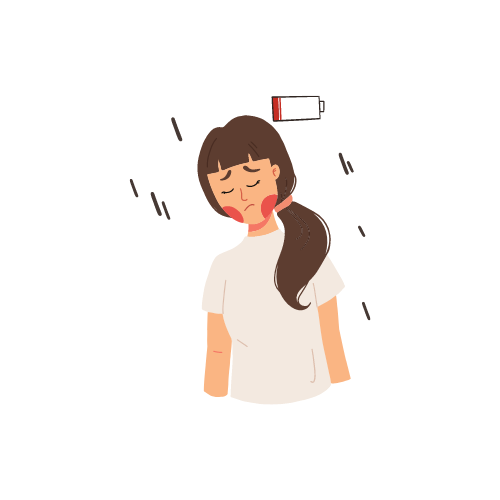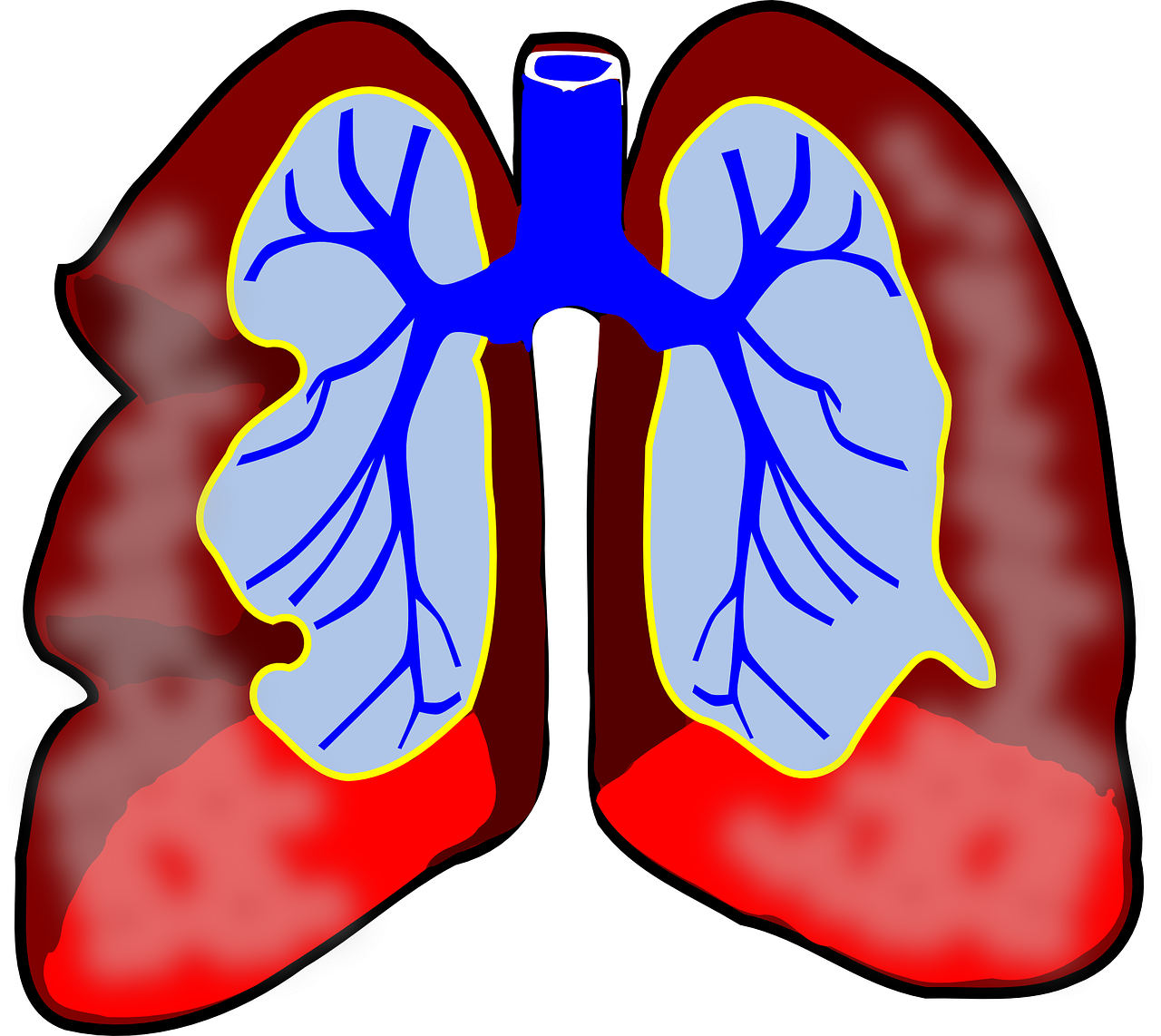ADHD or OCD? Understanding Your Type of Rumination
Is It OCD or ADHD? Understanding Rumination and What It Means for You

Are you often caught in a cycle of repetitive thoughts that seem impossible to shake? You might be wondering if these thoughts are a sign of Obsessive-Compulsive Disorder (OCD) or Attention-Deficit/Hyperactivity Disorder (ADHD).
Both conditions can involve rumination—persistent, repetitive thinking—but the nature of this rumination differs significantly between the two. Understanding these differences is key to managing your mental health effectively and finding the right strategies to help.
What Is Rumination?
Rumination involves getting stuck in a loop of repetitive, often negative, thinking. It feels like your mind is on a treadmill, going over the same thoughts repeatedly without reaching a resolution. In contrast, rumination is a feature in both OCD and ADHD.
You can have both ocd and adhd but you also might be misdiagnosed .
Let’s look at how the content of your thoughts might reveal something important.
OCD vs. ADHD Rumination: Key Differences
| Aspect | OCD Rumination | ADHD Rumination |
|---|---|---|
| Content | Focuses on specific fears, such as contamination, harm, or moral dilemmas. | Involves worries about personal performance, social interactions, and self-doubt. |
| Purpose | Aims to prevent perceived disasters through compulsive behaviors. | Generally lacks a clear protective purpose and is more self-critical. |
| Outcome | Temporarily reduces anxiety but reinforces obsessive thoughts and compulsions. | Leads to emotional distress and decreased productivity without compulsive actions. |
| Associated Behaviors | Involves ritualistic behaviors to mitigate anxiety (e.g., repeated checking or cleaning). | May lead to procrastination, indecisiveness, or avoidance behaviors without ritualistic actions. |
Understanding OCD Rumination
OCD (Obsessive-Compulsive Disorder) is characterized by intrusive, unwanted thoughts (obsessions) and repetitive behaviors (compulsions) that an individual feels driven to perform to relieve the anxiety caused by these thoughts.
1. Content of OCD Rumination
OCD rumination often focuses on specific fears or intrusive thoughts related to contamination, harm, or moral correctness. For example, a person might obsess over whether they’ve locked the door or worry endlessly about accidentally causing harm to someone. These thoughts are usually distressing and create significant anxiety.
2. Purpose of OCD Rumination
The rumination in OCD serves a perceived protective function. The individual believes that by thinking about these fears or performing certain rituals, they can prevent something bad from happening. For example, thinking through every possible detail to make sure a feared event doesn’t occur or repeatedly washing hands to avoid contamination.
3. Outcome of OCD Rumination
While compulsive behaviors (like checking or washing) temporarily reduce anxiety, they ultimately reinforce the cycle of obsessive thoughts. The relief is short-lived, and the compulsive need returns, often stronger, trapping the person in a cycle of rumination and ritual.
4. Associated Behaviors in OCD
People with OCD often engage in ritualistic behaviors designed to alleviate anxiety associated with their obsessions. These can include checking, cleaning, counting, or repeating specific actions. These behaviors are directly linked to the content of the rumination and serve as a coping mechanism.
Understanding ADHD Rumination
ADHD (Attention-Deficit/Hyperactivity Disorder) is primarily associated with challenges in attention regulation, impulsivity, and hyperactivity. However, individuals with ADHD may also experience rumination, which often looks different from OCD-related rumination.
1. Content of ADHD Rumination
ADHD rumination tends to focus on worries about personal performance, social interactions, and feelings of self-doubt. A person with ADHD might replay conversations in their mind, questioning if they said something wrong, or they might dwell on mistakes they believe they made, fearing they’ll never measure up.
2. Purpose of ADHD Rumination
Unlike OCD, the rumination in ADHD doesn’t usually have a clear protective purpose. It is more self-critical and involves dwelling on perceived inadequacies or past mistakes. This kind of rumination can be fueled by the challenges of managing everyday tasks, which people with ADHD often find more difficult.
3. Outcome of ADHD Rumination
ADHD rumination can lead to significant emotional distress and decreased productivity. Unlike OCD, there isn’t a compulsive action that temporarily alleviates the distress. Instead, the person may become overwhelmed by their thoughts, leading to procrastination, avoidance, or indecisiveness.
4. Associated Behaviors in ADHD
Individuals with ADHD might engage in behaviors like procrastination or avoidance as a way to cope with their rumination. Unlike OCD, these behaviors are not ritualistic. For example, they might avoid starting a task because they fear they won’t complete it perfectly or on time.
How to Tell the Difference Between OCD and ADHD Rumination
If you’re trying to determine whether your rumination is more aligned with OCD or ADHD, consider the following questions:
- Are your thoughts driven by specific fears or the need to prevent a perceived disaster? If so, this might indicate OCD rumination, especially if these thoughts lead to repetitive behaviors aimed at reducing anxiety.
- Do your thoughts center more on self-doubt, personal performance, or social interactions? This type of rumination is more characteristic of ADHD, notably if it lacks a ritualistic component and is more about feeling stuck or overwhelmed.
- Do you find temporary relief after performing a specific action or ritual? OCD-related rumination often involves performing a compulsive action that provides short-term relief from anxiety. ADHD rumination, in contrast, does not typically involve such rituals.
- Is there a pattern of avoidance, procrastination, or indecisiveness without a clear compulsion? This is more indicative of ADHD rumination, where the thought patterns interfere with productivity and decision-making but aren’t necessarily linked to ritualistic behavior.
Why Understanding These Differences Matters
Knowing whether your rumination is due to OCD or ADHD can help guide the right treatment approach. For example:
- OCD Treatment: Often involves Cognitive Behavioral Therapy (CBT) with a focus on exposure and response prevention (ERP) to reduce compulsive behaviors.
- ADHD Treatment: This may include behavioral strategies to improve executive functioning, medication to manage symptoms, and neurodivergent affirming techniques to help support you in healing from discrimination.
Final Thoughts
If you recognize these patterns of rumination in yourself and are unsure whether they point to OCD or ADHD, consider seeking help from a mental health professional.
They can help you understand the underlying causes of your rumination and develop effective strategies for managing it. Remember, understanding your mind is the first step toward taking control of your mental health.






